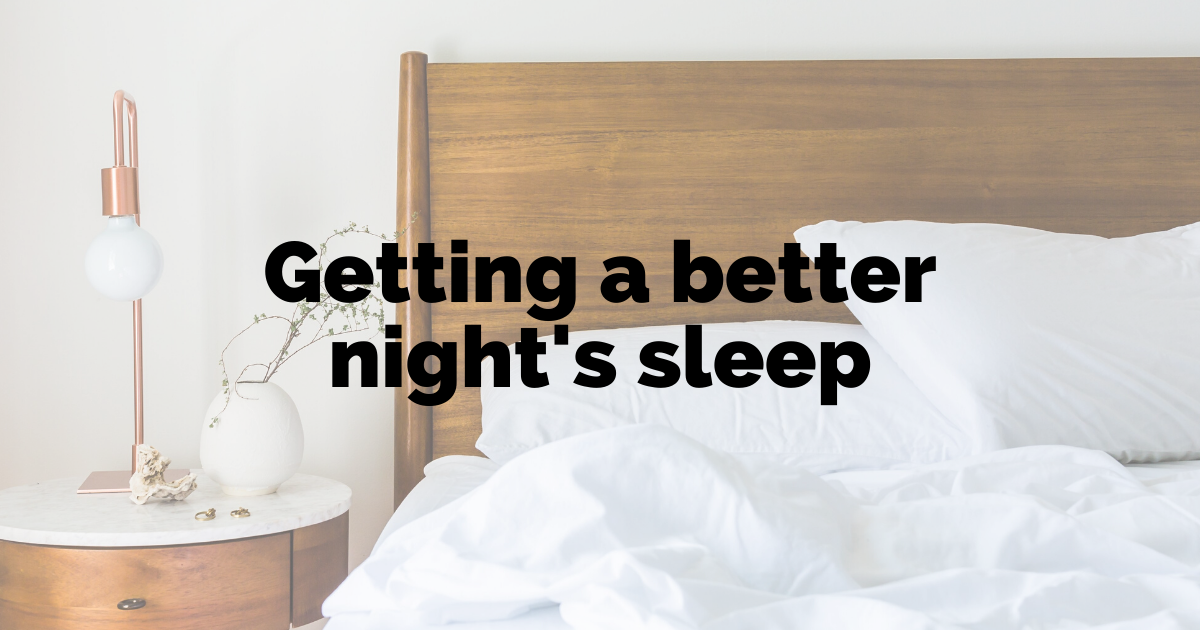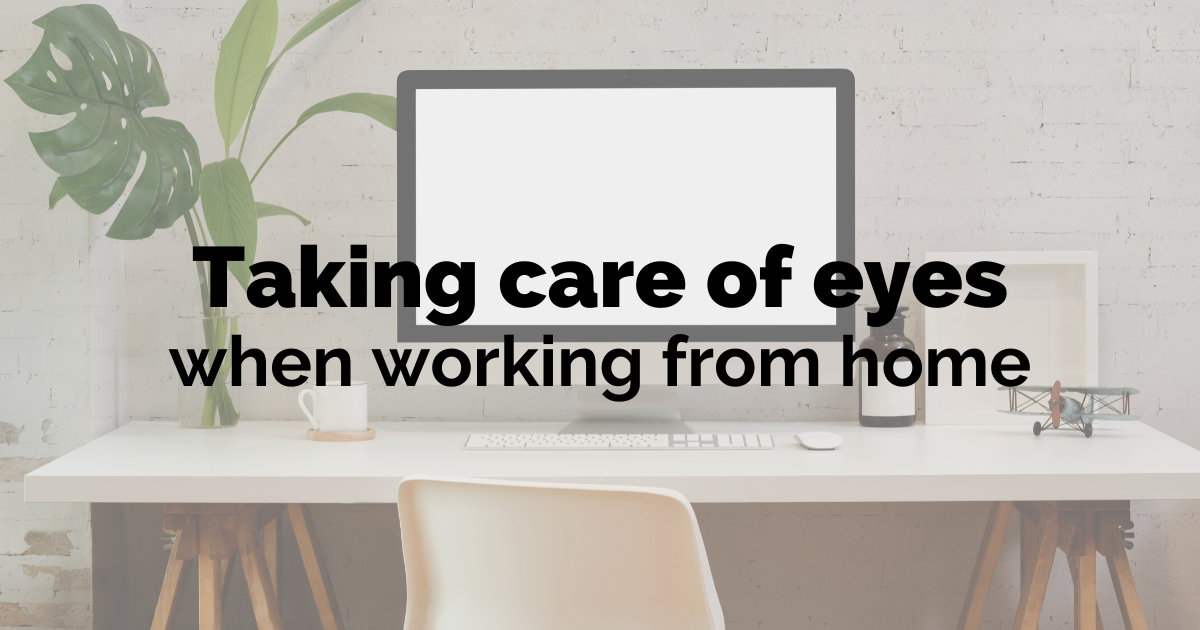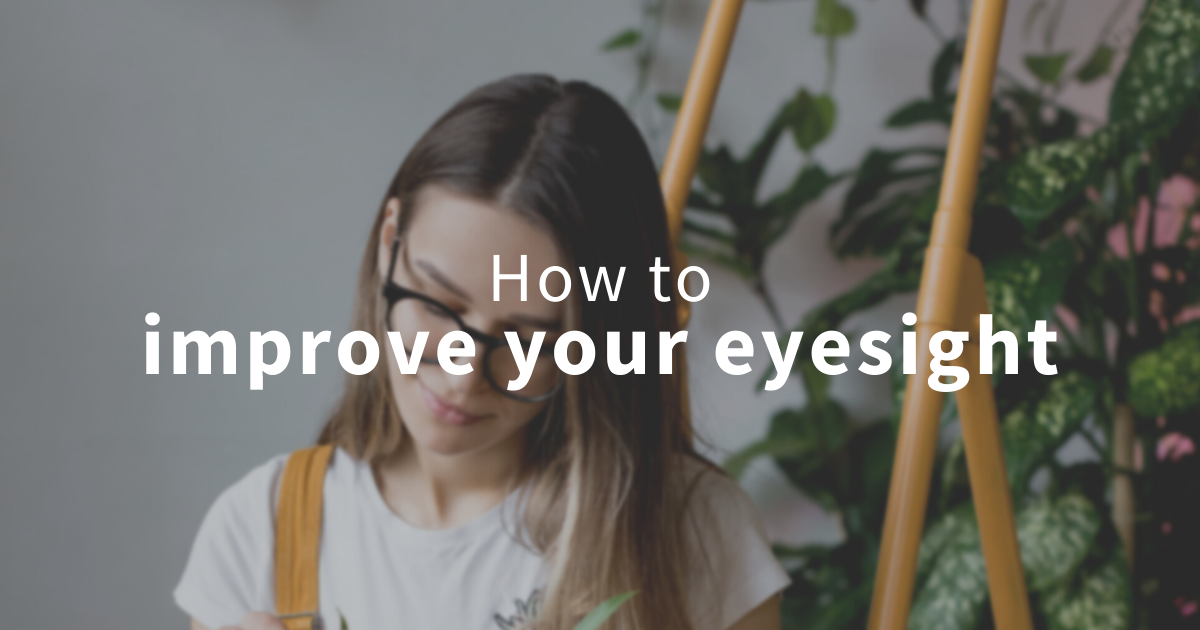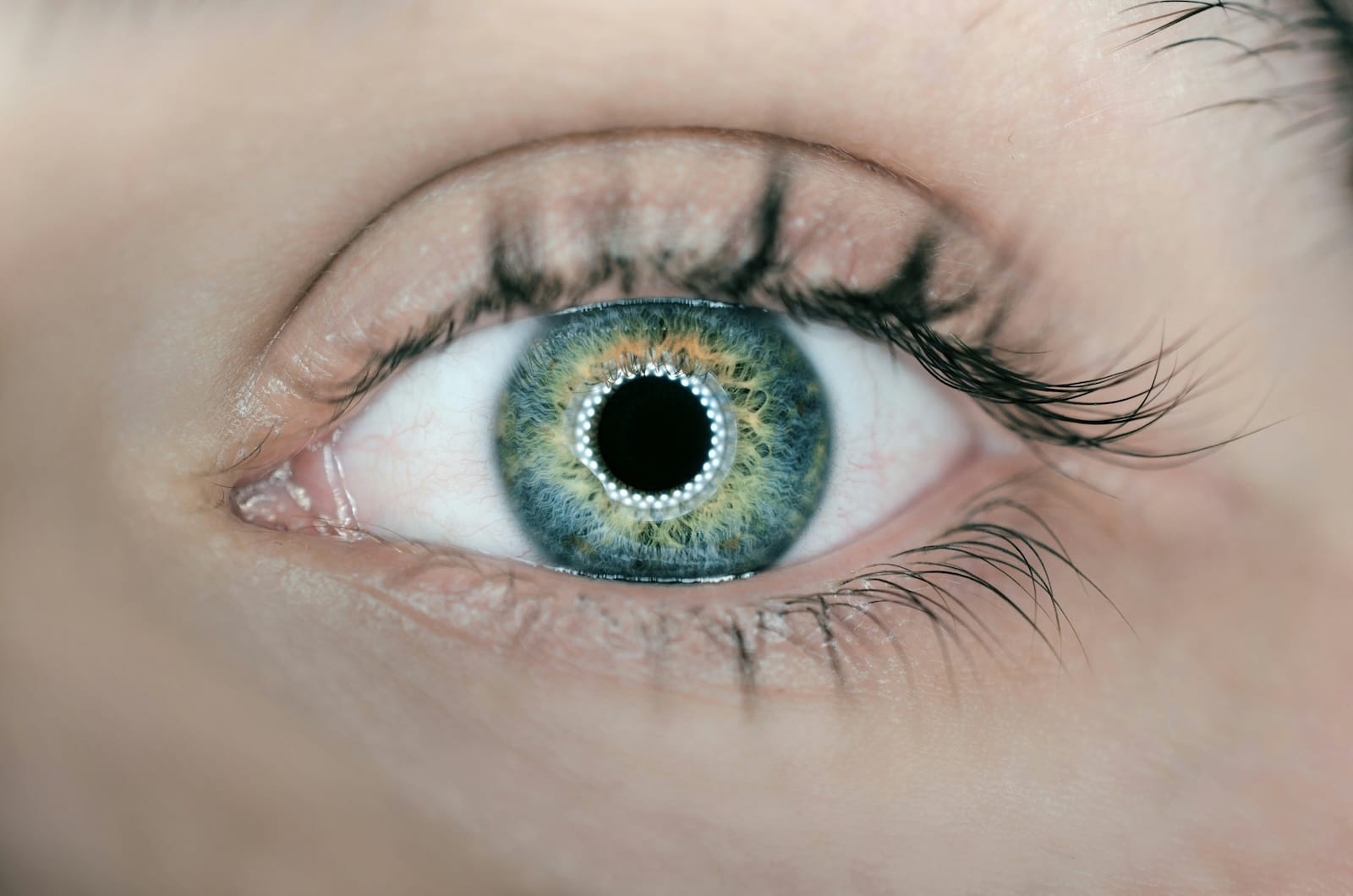Do you find yourself tossing and turning throughout the night? Or perhaps you’re waking up feeling a little grumpy? Here at Arlo Wolf, we’re big fans of wellness and we know getting a good night’s sleep is just as important as eating healthy and exercising regularly. Thankfully, with the help of these proven tips, you’ll be having a better night’s sleep in no time!
How to get a better night’s sleep tonight
1. Develop a routine
Do you have a habit of going to bed at different times? More often than not, our body’s need an element of routine to get a good night’s sleep. Instead of dozing off at 2 am, set more realistic bedtimes that you know you can stick to. If you have to wake up around 7 am, try to be in bed for no later than 11 pm. Don’t believe us? Try it for 1 week and see the difference for yourself.
2. Spend more time outside during the day
Our bodies have a natural time-keeping clock known as our circadian rhythm. Studies have shown that exposing yourself to natural light and sunlight during the day can help to keep your circadian rhythm on track, thus improving your quality of sleep.
3. Cut back on coffee
We all love a cup of coffee in the morning, but if you’re sipping caffeine later in the evening it can really play havoc with your sleep schedule. If you’re a big coffee drinker (we’re guilty of it) then try to have your last cup of coffee no later than 3 pm – or switch to decaf later in the afternoon.
4. No booze before bed
Sipping a glass of wine before bed can really affect the quality of sleep you’re getting. Alcohol is known to contribute to a number of sleeping problems, including sleep apnea, snoring and generally disrupted sleeping patterns. It can also alter our melatonin production which is vital to our circadian rhythm.
If you’re suffering from any of these, try cutting back or eliminating late-night drinking.
5. Try out a meditation app
The days of counting sheep are long gone. If you’re struggling to doze off, why not try a dedicated sleep meditation app? Apps like Calm and Headspace were developed to help those struggling with stress, anxiety and sleep problems. In fact, the three often go hand-in-hand. Give it a try for just 15 minutes before bed.
6. Is your bedroom comfortable?
If your bedroom is too hot, too cold or too bright, you might find you toss and turn throughout the night. In fact, many of us struggle with our sleeping patterns during the summer months when the sun rises around 4 am and our bedrooms are much warmer.
Creating a comfortable, cosy environment is important. Cool your bedroom down with air conditioning, a fan or simply thinner bed sheets. For a bright bedroom, consider a black-out blind or curtain to help you stay asleep for longer.
7. Curb those late-night cravings
Resist the temptation to grab a snack late at night. The late-night munchies have been shown to affect our natural release of melatonin, thus affecting your quality of sleep. If you do need to grab a bite to eat late in the evening, make sure it’s a small and healthy snack.
8. Get regular exercise
Regular exercise is key to a good night’s sleep, but exercising too close to your bedtime can actually affect your quality of sleep. Instead, try to exercise in the morning or afternoon so that your body has time to relax before bedtime.
9. Turn off your digital devices earlier
We know, you’ve heard it all before! But it really works. Switching off from your phone, laptop or TV just 1 hour before you head to bed can make a big difference to the way you sleep. But why?
Not only are they a big distraction for our mind, but our digital devices also transmit blue light rays which are known to interfere with our sleep, so the key is to reducing these blue light rays as much as possible when bedtime looms. Blue light is transmitted naturally by the sun, so your body can often mistake blue light exposure from technology for it’s more natural, daytime counterpart.
10. Grab a pair of blue light glasses
You can reduce your blue light exposure in a number of ways, including blocking it with blue light glasses.
If you find it hard to reduce your screen time before bed, blue light lenses could be the answer. Blue light lenses work as a barrier between your eyes and blue light exposure. Read more about the science behind blue light lenses on our blog.
Blue light lenses can be added to our entire range of prescription eyewear for women and for men. They’re stylish and practical! You can even try before you buy with our home trial service. Don’t forget to test out your face shape beforehand.

 Taking care of your eyes when working from home
Taking care of your eyes when working from home How to improve your eyesight
How to improve your eyesight Common Causes of Eye Twitching
Common Causes of Eye Twitching True or false: Do carrots help your eyesight?
True or false: Do carrots help your eyesight?